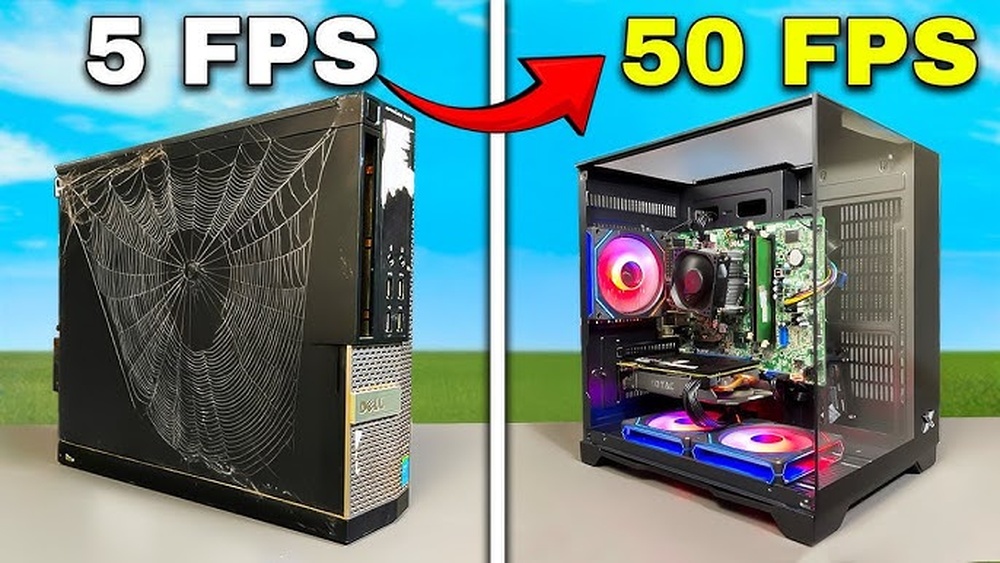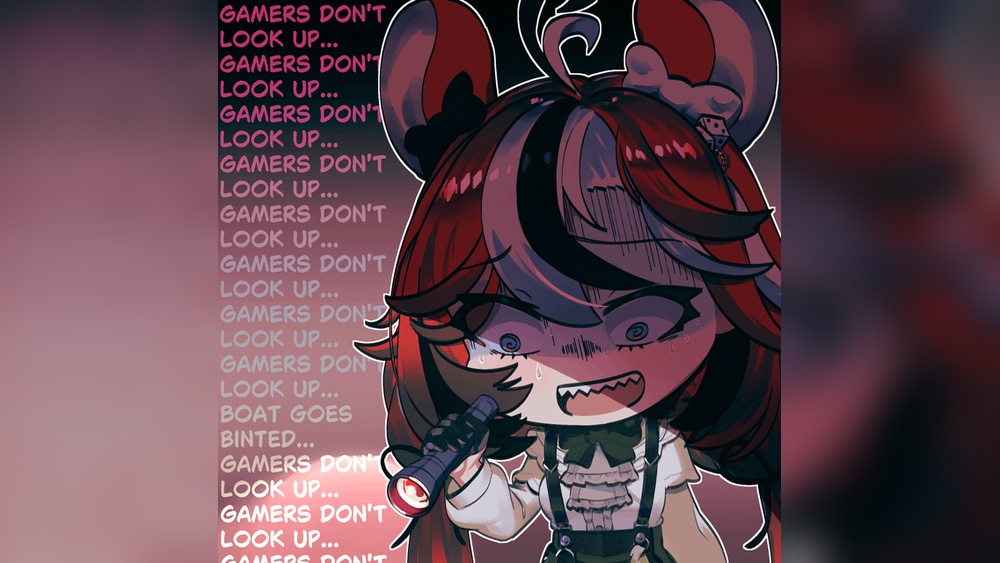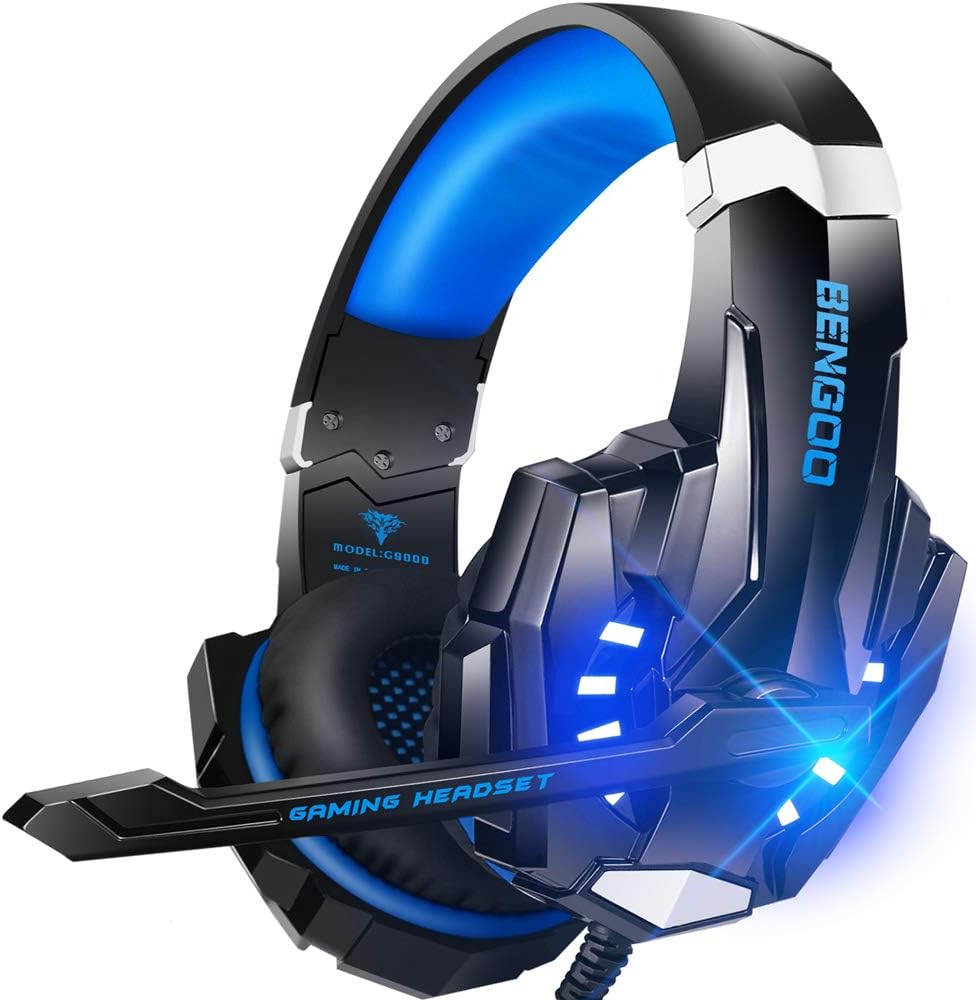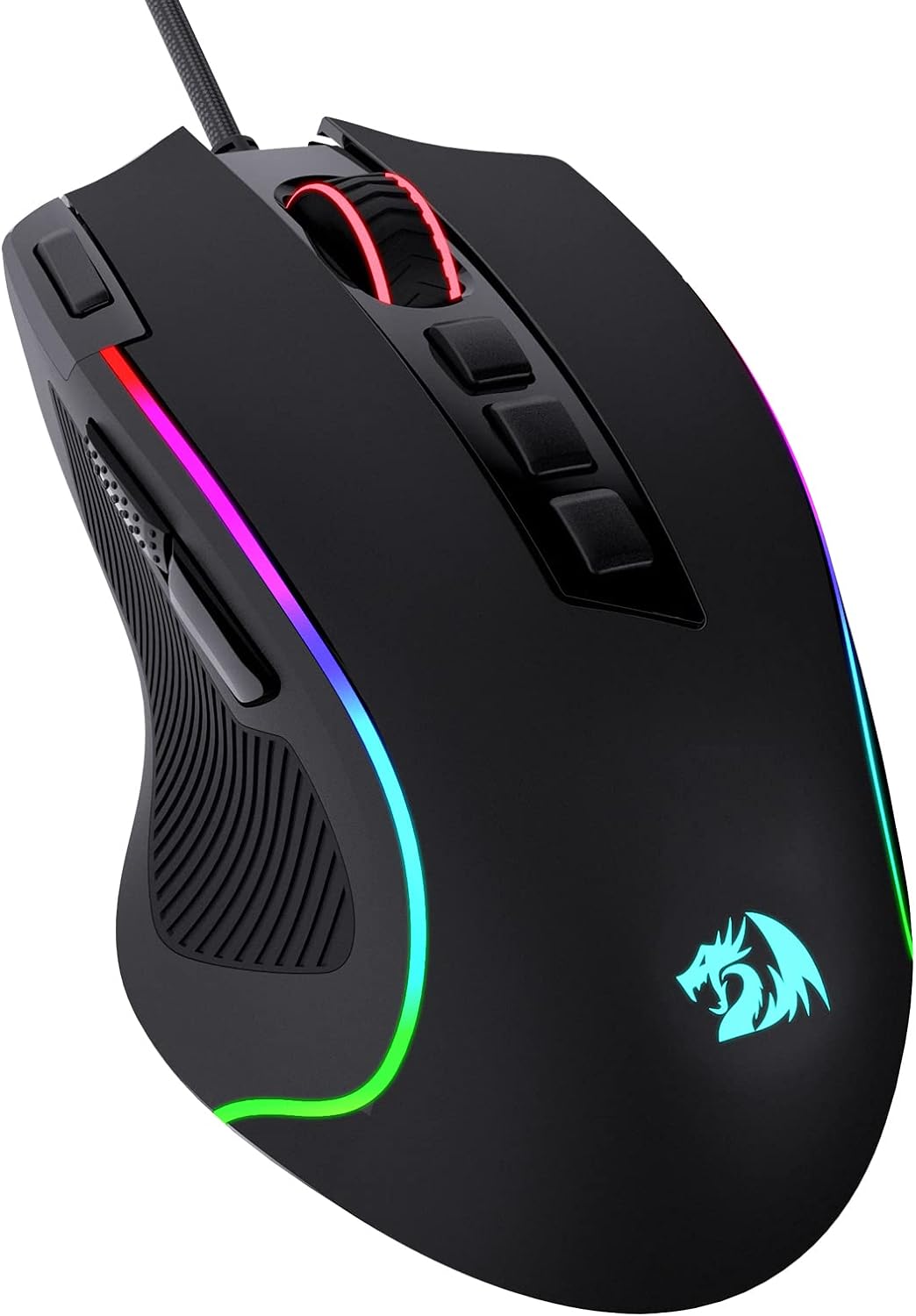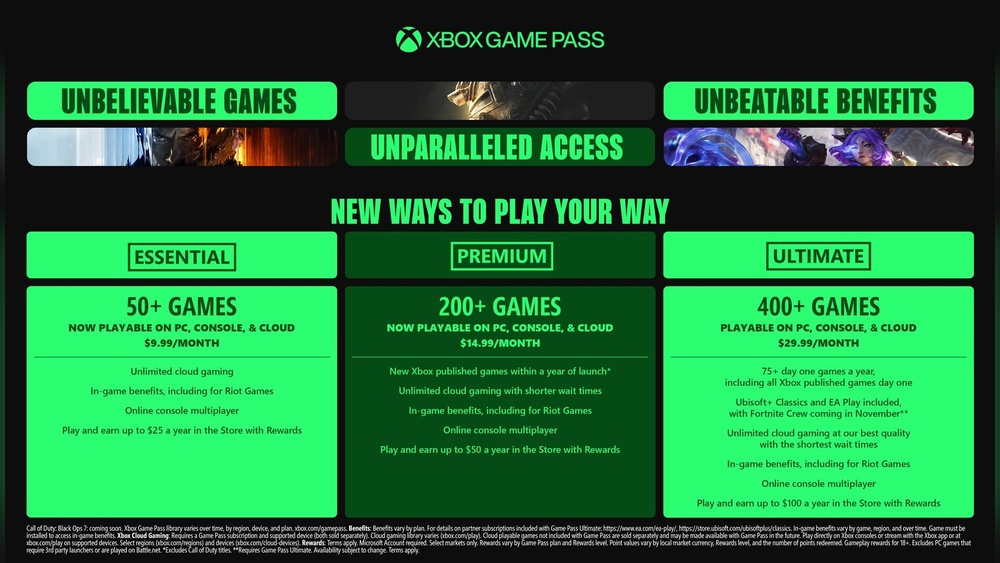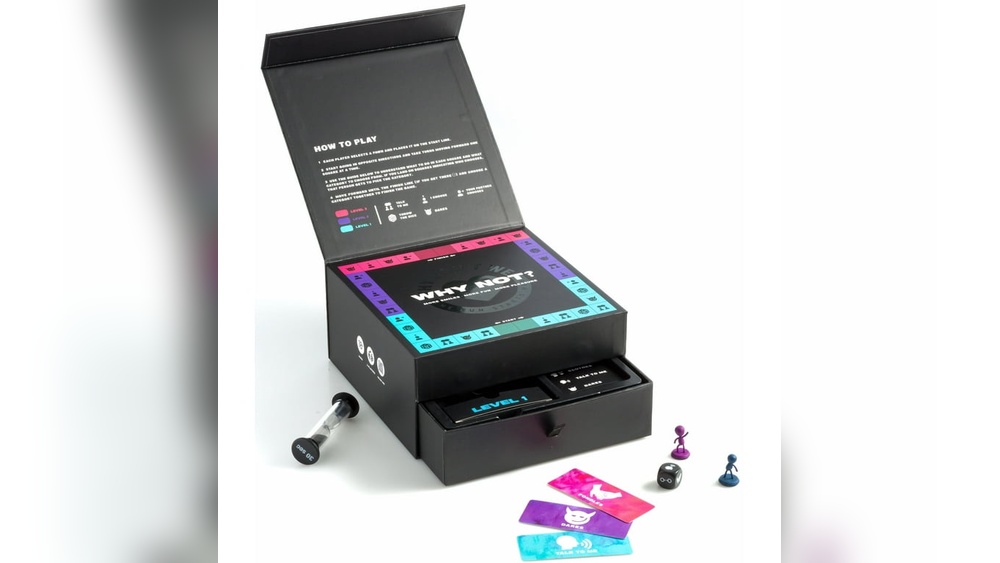Is your gaming PC acting up just when you’re about to dive into your favorite game? It’s frustrating, right?
You’ve invested time and money into a powerful machine, but sudden crashes, slow performance, or strange noises can ruin the experience. Don’t worry—you’re not alone, and fixing these issues might be easier than you think. In this guide, you’ll discover simple, effective steps to troubleshoot your gaming PC and get back to smooth, lag-free gameplay.
Keep reading, and take control of your gaming setup today!
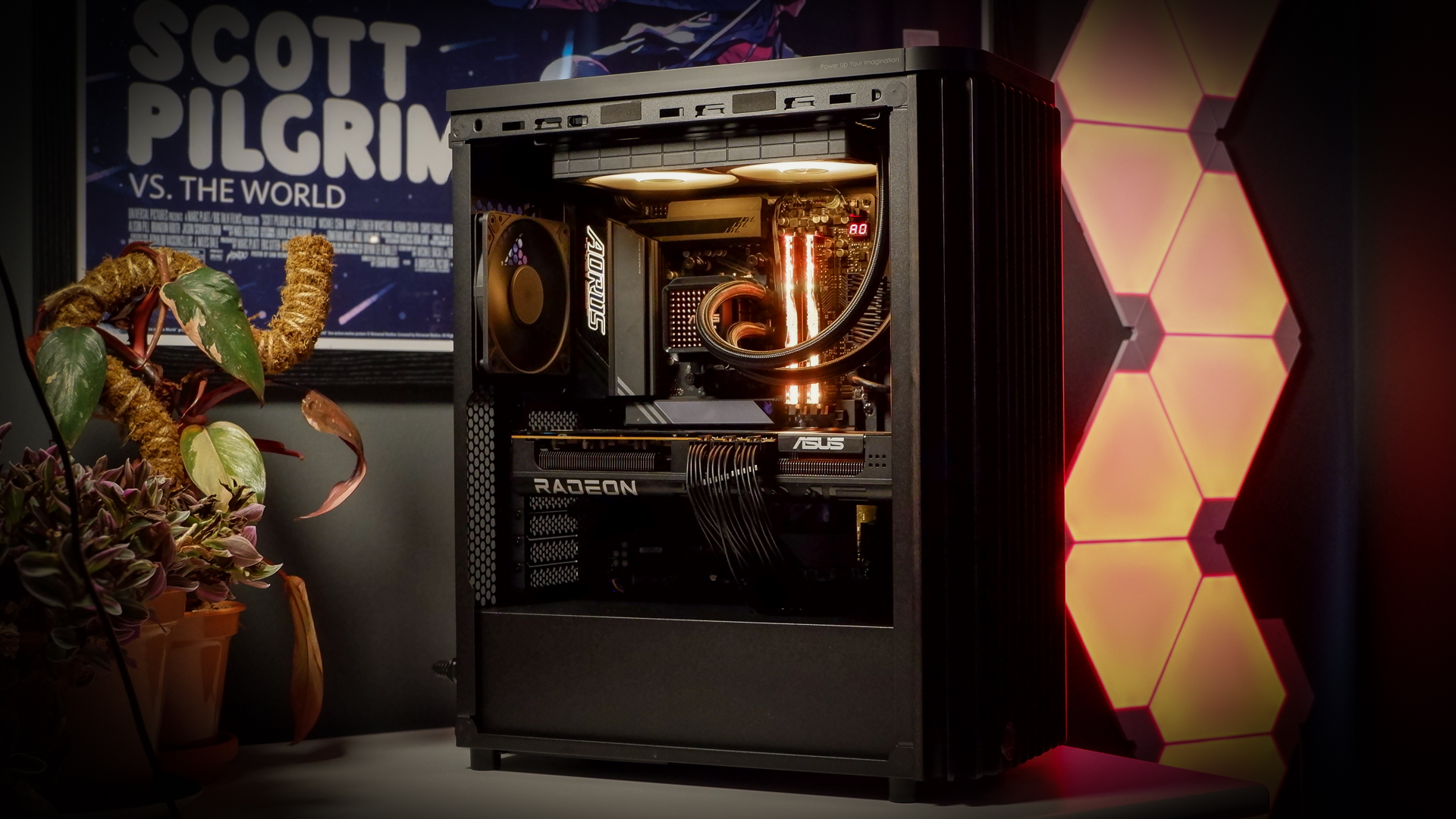
Credit: www.pcgamer.com
Common Gaming Pc Issues
Gaming PCs can face many common problems. These issues affect how well your games run and your overall experience. Knowing these problems helps you fix them faster. This saves time and avoids frustration.
Below are the most frequent gaming PC issues. Each one has clear signs and solutions. Understanding these issues keeps your PC running smoothly.
Performance Slowdowns
Games may run slower or lag during play. This happens when your PC’s resources are low. Too many programs running at once can cause this. Hard drives getting full also slow down your system. Regularly close unused apps and clean your disk. Updating drivers often improves game speed.
Overheating Problems
High temperatures can damage your PC parts. Overheating causes sudden shutdowns or freezing. Dust buildup blocks air vents and fans. Make sure fans spin properly and clean dust regularly. Use a cooling pad or improve airflow in the room. Monitoring temperatures helps spot overheating early.
Hardware Failures
Broken parts cause crashes and errors in games. Common failures include bad graphics cards, RAM, or power supplies. Listen for unusual noises or check error messages. Run hardware tests to find problems. Replace faulty parts quickly to avoid more damage.
Software Glitches
Software bugs cause crashes, freezes, or game errors. Outdated drivers and corrupted files are usual causes. Keep your system and games updated. Reinstall problematic software if errors persist. Use antivirus scans to remove harmful programs. Clean software improves stability and play quality.
Diagnosing Performance Issues
Diagnosing performance issues on a gaming PC requires careful checking of several key areas. Problems like lag, stuttering, or crashes often come from hardware or software limits. Understanding these limits helps fix issues faster. Below are steps to find the root cause of poor performance.
Checking System Requirements
Start by matching your PC’s specs with the game’s requirements. Look at the CPU, GPU, RAM, and storage needs listed by the game developer. Your system must meet or exceed these to run the game smoothly. If your hardware is below these specs, expect slow performance or errors.
Monitoring Cpu And Gpu Usage
Use tools like Task Manager or MSI Afterburner to watch CPU and GPU activity. High usage near 100% means your processor or graphics card is stressed. This can cause frame drops and lag. Check if one component runs hotter or works harder than the other. Balancing this load helps keep games smooth.
Evaluating Ram And Storage
Check how much RAM your system uses while gaming. Running out of RAM slows down your PC. Also, make sure your storage drive has enough free space. A full or slow hard drive can delay loading times and cause stutters. Upgrading to faster SSDs often improves game performance.
Updating Drivers And Software
Keep your graphics card drivers and game software up to date. Developers release updates to fix bugs and improve speed. Outdated drivers often cause crashes or poor graphics. Use the manufacturer’s website or software to check for updates regularly. This step can solve many hidden problems.
Fixing Overheating
Overheating is a common problem in gaming PCs. It can cause slow performance and unexpected shutdowns. Fixing overheating keeps your PC running smoothly. It also extends the life of your components. This section explains easy ways to cool down your gaming rig.
Cleaning Dust And Debris
Dust blocks air vents and fans. It stops cool air from reaching important parts. Use a can of compressed air to blow dust out. Focus on fans, vents, and heat sinks. Clean your PC every few months for best results. This simple step lowers temperatures fast.
Improving Airflow
Good airflow moves hot air out and brings cool air in. Arrange cables neatly to avoid blocking vents. Add extra case fans if needed. Place your PC in a spot with open space around it. Avoid tight spaces that trap heat. Better airflow means cooler parts and better performance.
Replacing Thermal Paste
Thermal paste helps transfer heat from the CPU to the cooler. Over time, it dries out and loses effectiveness. Remove the old paste gently with alcohol and a soft cloth. Apply a small amount of new thermal paste evenly. This improves heat transfer and lowers CPU temperature.
Using Cooling Solutions
Stock coolers may not be enough for powerful gaming PCs. Consider upgrading to aftermarket air coolers or liquid cooling systems. These coolers remove heat more efficiently. They keep your CPU and GPU at safe temperatures. Choose a cooling solution that fits your PC case and budget.

Credit: www.youtube.com
Resolving Hardware Problems
Resolving hardware problems is key to fixing gaming PC issues. Hardware can fail or connect poorly. Finding the root cause helps avoid costly repairs. Simple tests can show which part causes trouble. Step-by-step checks keep things clear and easy.
Testing Ram And Storage Drives
Bad RAM causes crashes and freezes. Use tools like MemTest86 to check memory health. Run the test for several passes. Storage drives can cause slow load times or errors. Use software like CrystalDiskInfo to check drive health. Look for bad sectors or warnings. Replace parts that show errors or warnings.
Inspecting Power Supply
The power supply gives energy to all parts. A faulty power supply causes random shutdowns or no power. Check cables and connections for damage. Use a power supply tester or multimeter to check voltage. Ensure the PSU provides enough watts for your system. Replace it if voltages are unstable or low.
Checking Gpu And Cpu Connections
Loose GPU or CPU connections cause display or performance issues. Turn off and unplug the PC. Remove and reseat the GPU and CPU cooler. Check for dust or bent pins on CPU socket. Clean contacts gently with a soft brush. Apply fresh thermal paste on the CPU before reseating the cooler.
Identifying Faulty Components
Pinpoint faulty parts by testing one component at a time. Swap with known working parts if possible. Listen for unusual noises like clicking or buzzing. Watch for overheating or strange smells. Faulty components often cause system errors or failure to boot. Replace any suspicious parts to restore stability.
Addressing Software Issues
Software problems often cause gaming PC issues. These problems slow down performance or cause crashes. Fixing software issues can make your PC run smoothly again. Below are simple steps to check and fix common software problems.
Scanning For Malware
Malware can make your gaming PC slow or unstable. Run a full scan using trusted antivirus software. Remove any threats the scan finds. Regular scans keep your system safe and fast.
Repairing Corrupted Files
Corrupted system files cause errors and crashes. Use built-in tools like System File Checker (SFC) on Windows. This tool finds and repairs damaged files automatically. Run the scan and follow on-screen instructions.
Managing Background Applications
Too many background apps use your PC’s power. Close unnecessary programs before gaming. Use Task Manager to see which apps use the most resources. Freeing up memory helps games run better.
Reinstalling The Operating System
Sometimes, software issues are too complex to fix. Reinstalling the operating system gives your PC a fresh start. Backup important files first. Follow official guides to reinstall Windows or your OS safely.
Optimizing Gaming Performance
Optimizing gaming performance helps your PC run games smoothly. It reduces lag and improves frame rates. Good performance makes gameplay more fun and responsive. Simple steps can make a big difference in how well games play on your PC.
Adjusting In-game Settings
Lower graphics settings like shadows and textures. This reduces the load on your computer. Turn off extra effects such as motion blur or anti-aliasing. Choose a resolution that matches your screen and balance quality with speed. Test different settings to find what works best for your PC.
Using Performance Boosting Tools
Use software that frees up system resources for gaming. Tools can close background apps automatically. Some apps optimize CPU and RAM use for better game speed. Run these tools before starting your game. They help your PC focus power on the game itself.
Regular Maintenance Tips
Clean dust from fans and vents to prevent overheating. Overheating slows down your PC and can cause crashes. Delete unused programs and files to free disk space. Run disk cleanup and defragmentation regularly. Restart your PC before gaming to clear memory and processes.
Keeping Drivers Updated
Update your graphics card drivers often. New drivers fix bugs and improve game support. Check for updates from your GPU manufacturer’s website. Also update sound and motherboard drivers. Up-to-date drivers ensure your hardware works well with games.

Credit: www.reddit.com
Frequently Asked Questions
How Do I Fix A Gaming Pc That Won’t Start?
Check the power supply, cables, and connections first. Ensure the power button works. Test with another power outlet or PSU.
Why Is My Gaming Pc Overheating During Gameplay?
Overheating can be due to dust buildup or poor airflow. Clean fans and ensure proper ventilation. Consider upgrading cooling systems.
How Can I Resolve Frequent Gaming Pc Crashes?
Update your graphics drivers and Windows OS. Check for hardware issues or overheating. Scan for malware and close unnecessary programs.
What Causes Low Fps On A Gaming Pc?
Low FPS may result from outdated drivers, high graphics settings, or insufficient hardware. Optimize settings and update drivers regularly.
Conclusion
Troubleshooting a gaming PC can feel tough at first. Take one step at a time. Check cables, update drivers, and clean dust inside. Test each part carefully to find the problem. Stay patient and keep notes of what you try.
Small fixes often solve big issues. Your PC will run smoother soon. Keep learning and don’t give up. Gaming should be fun and stress-free. Now, you are ready to fix your gaming PC with confidence.


